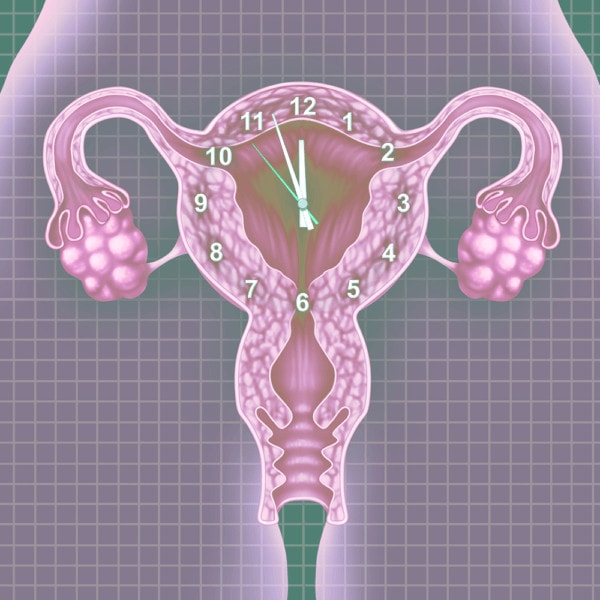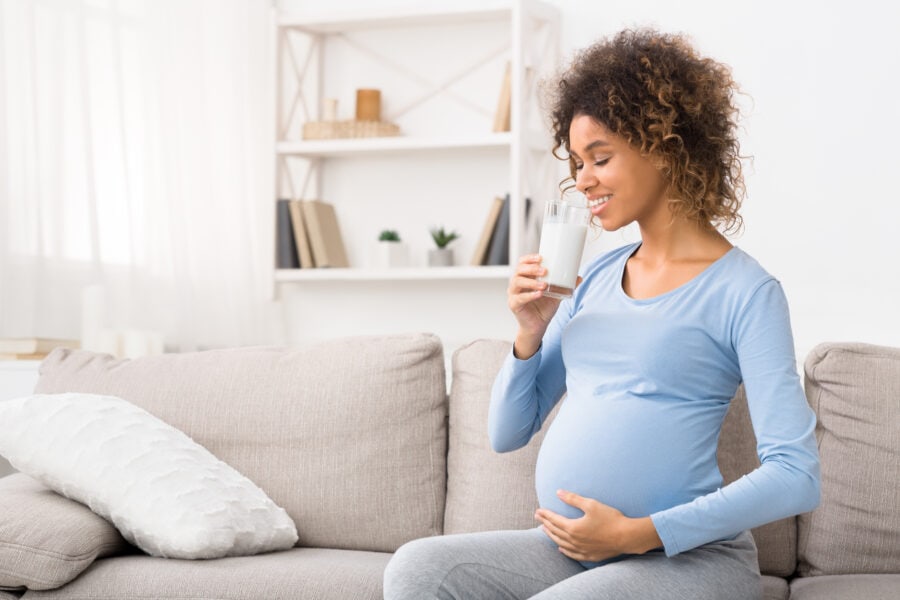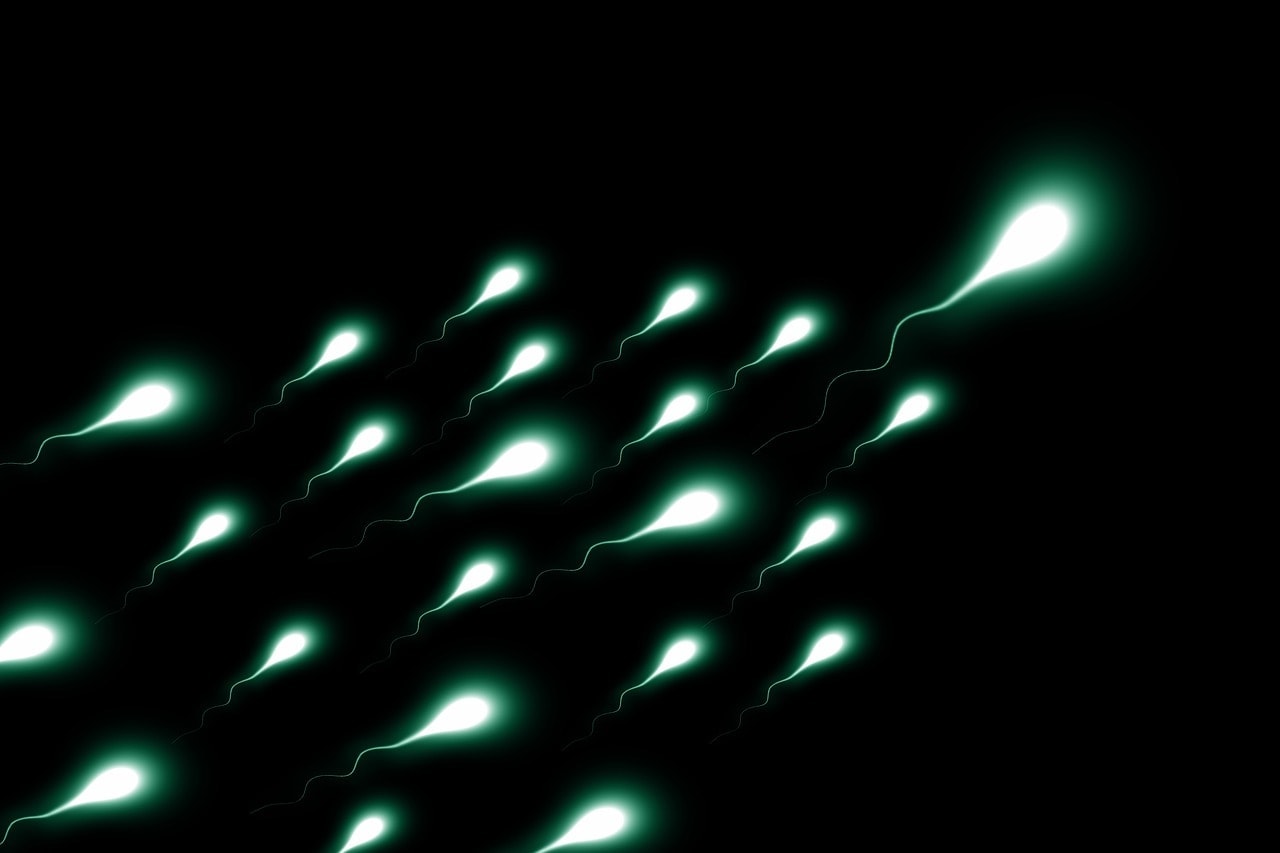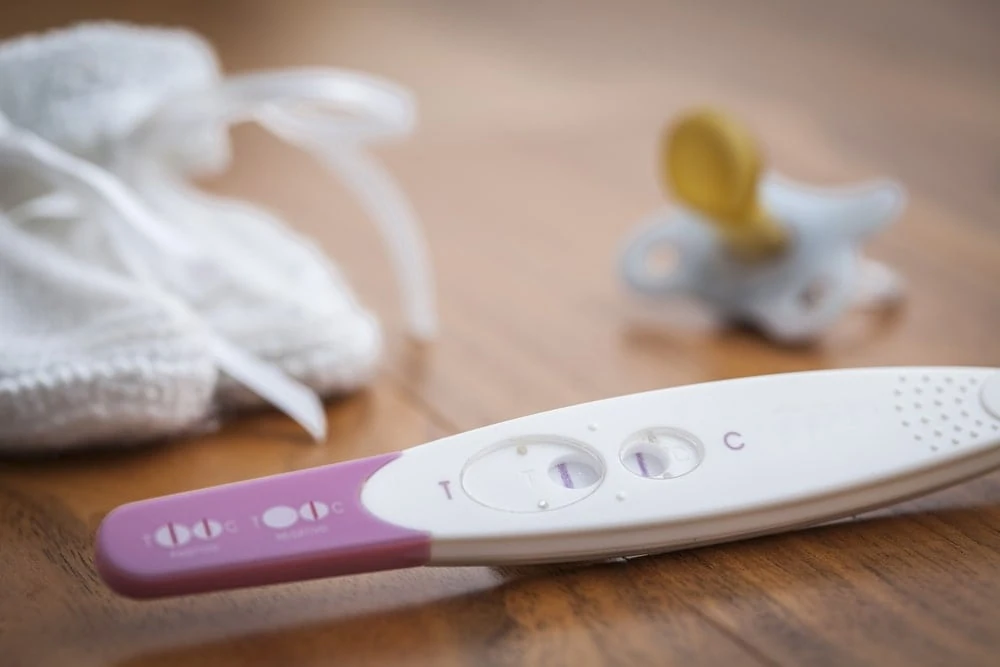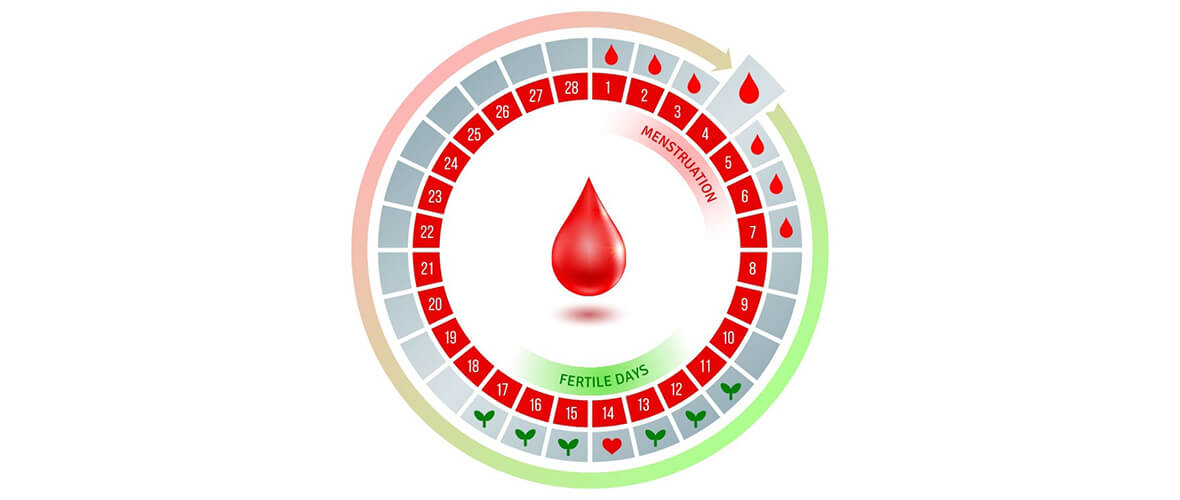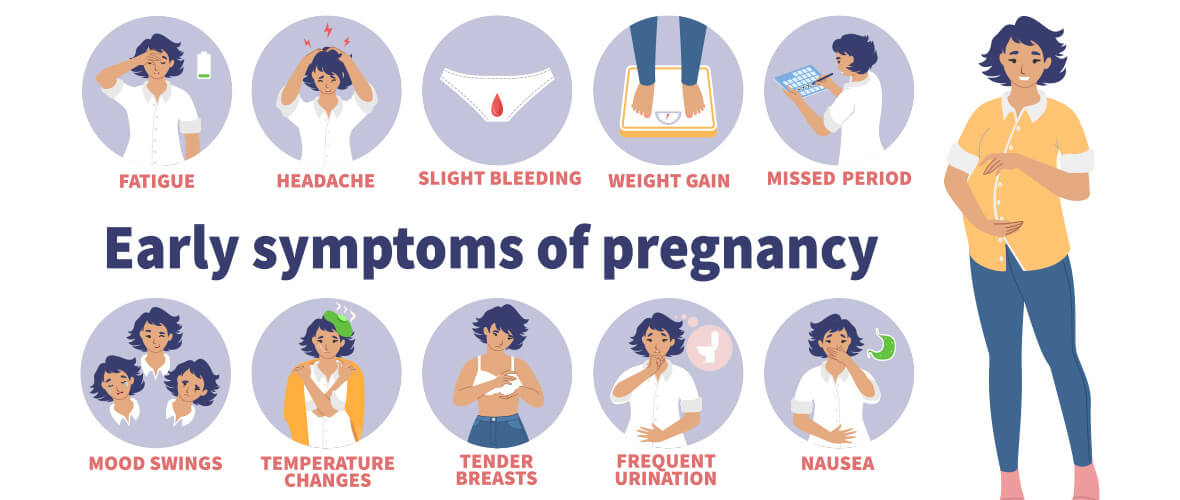The Ultimate Fertility Resource Guide
How to Get Pregnant
Are you ready to start or grow your family?

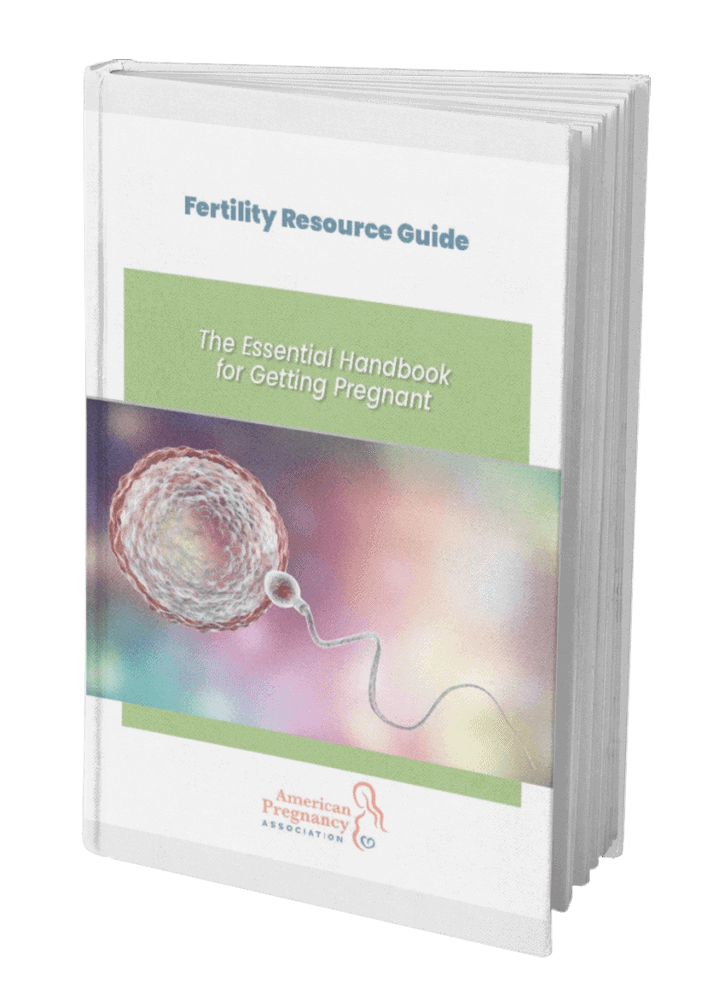
Download our FREE
Ultimate Fertility Guide
Challenges to getting pregnant - infertility
If you are having challenges getting pregnant, you are not alone. According to UCLA Health, about 15% of couples have trouble conceiving. Generally, infertility is defined as an inability to conceive after one year of unprotected sex for women 35 years or younger, or 6 months or longer for those over 35 years of age.
Infertility in about 90% of cases is shown to be caused by one or more of three factors:
- Male factors such as low or abnormal sperm production or blockages
- Ovarian factors such as declining quality and quantity of eggs
- Tubal factors such as fallopian tube blockages
How to Boost Fertility and Increase Your Chances of Getting Pregnant.
Did you know there are things you can do right now to increase your chances of getting pregnant?
It’s true! There are a wide variety of factors that impact your ability to conceive. These factors include age, diet & nutrition, environment, weight, and overall health. Sometimes, it just takes a little knowledge, patience, and a few lifestyle modifications to dramatically improve your ability to get pregnant.
Infertility By the Numbers
- 30% of infertility cases can be attributed solely to the female, 40% can be attributed solely to the male, 30% can be attributed to a combination of both partners, and 10% of cases have an unknown cause. (Fertility Answers, 2020)
- In general, fertility begins to decrease for most women in their 20s and 30s and declines more quickly after the age of 35. (American Society for Reproductive Medicine)
- Couples in which the male partner is 40 years or older are more likely to have difficulty conceiving. (CDC, 2019)
- Men experience a 1% decline in their sperm quality each year after age 40. Harvard Health
- Up to 60% of infertile individuals reported psychiatric symptoms with significantly higher levels of anxiety and depression than fertile individuals. (Clinical Therapeutics, 2014)
- Women delaying their first pregnancy to age 35+ has increased nearly 60% since the 1980s, (www.ncbi.nlm.nih.gov/pmc/
articles/PMC3253726/)
About the Ultimate Fertility Resource Guide
American Pregnancy Association’s goal in the development of The Ultimate Fertility Resource Guide is to share critical information on fertility, tips on how to get pregnant faster, and how to boost fertility through sometimes simple tweaks to your lifestyle and approach. The guide is easy to read and meant for anybody wanting to increase their ability to conceive.
What is in the Ultimate Fertility Resource Guide?
The full Fertility Resource Guide can be downloaded in PDF format by clicking here.
Bonus features in the Ultimate Fertility Resource Guide downloadable PDF include a full index of products specially picked to help you through your journey to getting pregnant. All products are sorted by fertility category and include clickable discount codes of up to 15% for each product.
Want more? We’re teaming up with NightFoods to offer you two free Pints of ice cream. You might as well get ready for those cravings now, eh?

The Ultimate Fertility Resource Guide – Content Preview
Timing is Everything
- Chapter 1 – Timing is Everything – All about Ovulation
How to Enhance Fertility - For Him & Her
- Chapter 2 – Improving your Ability to Conceive
Let's Get Comfortable
- Chapter 3 – How Vaginal Lubricants can Help
It's Go Time!
- Chapter 4 – It’s Go-Time! Timing Sex for Pregnancy
Are We There Yet?
- Chapter 5 – Are You Pregnant? The 4-1-1 on Accurate Pregnancy Tests
Fertility Products from A to Z
- Chapter 6 – Are You Pregnant? The 4-1-1 on Accurate Pregnancy Tests
Product Index– A comprehensive listing of products to help you along your fertility journey, including nutrition and supplements, testing products, lubricants, and more. There are even clickable product links that let you purchase with up to 15% discounts from our partners.
Download the Ultimate Fertility
Resource Guide
Bonus: Get 2 Free Pints of Night Food Pregnancy Ice Cream

